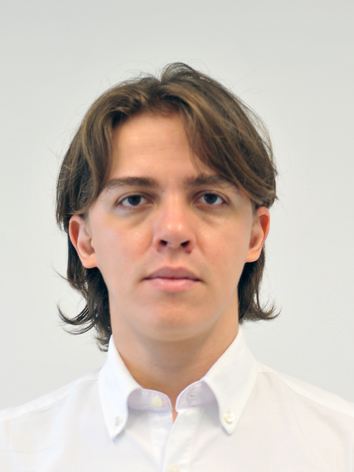Sustainable Development Goals: what bioethics has to do with it?
Notícia publicada em:
- 30 de Março de 2015
In September 2015 the Sustainable Development Goals (SDGs) will be defined, a set of goals that will replace the Millennium Development Goals (MDGs), agreed upon by the international community at the United Nations (UN) in the year 2000. This is an important moment at the beginning of this century, because the new agenda will influence the global development policy planning over the coming decades.
Bioethics must closely monitor this process, especially because the decisions will impact directly in various economic, political, social, environmental and health spheres. As shown in my doctoral thesis (Cunha, 2014), the problematic aspect is that from a bioethics perspective the setting of the so-called “development agenda post-2015” has proved to be a little transparent process and restricted to corporate interests dominant in the global arena, which weakens the possibility of establishing an approach of development compatible with environmental sustainability and social justice.
My analysis of the elaboration of agenda showed a series of conflicts and contradictions between the speeches of formulators and the objective indications for the implementation of new development goals, because if on the one hand the statements and documents used to exhaustion a speech axiologically founded in values such as equality, sustainability and human rights, on the other hand, the economic indications repeated an instrumentalized perspective of development in favor of the expansion of the free market economy and of the ways of traditional production – precisely those who are responsible for the perpetuation of social inequality and environmental destruction in planetary level.
In addition, certain groups involved in the debate for the formulation of the new agenda supported one thematic competition logic that were against areas that are intrinsically linked, as the field of global health and environmental sustainability. It is pondered that disputes in the formulation of the new agenda reproduce the instrumental rationality and perpetuate the scientific-technological prototype that made the development process synonymous with environmental destruction, increased inequality, conflict escalation, deepening of dependencies and homogenization of cultures.
In that regard, it was necessary to rescue the criticism of Potter (1999) – one of the ‘ fathers of Bioethics ‘ – to the fragmentation among ecological ethics and medical ethics, to the extent that obscures how the health of the planet and the health of human beings are interdependent and as a vision focused only on man or on the environment only jeopardizes the survival of life on the planet.
Therefore, I warn that if bioethics cannot intervene, it should at least warn about the interests, the contradictions and the ethical implications of new development goals, which although showing themselves as new, they are nothing more than old interests which run the world order since at least the second half of the 20th century.
Thiago Cunha is a member of the Advisory Committee of the Latin American and the Caribbean Network of Bioethics from Unesco (RedBioetica), associate researcher at the Center for Bioethics and Diplomacy Studies in Health (Nethis/Fiocruz), Board member of the Brazilian Society of Bioethics (SBB) and professor in the graduate program in Bioethics and Biological Sciences of PUCPR.
To find out more:
Cunha T. Critical Bioethics , Global Health and Development Agenda. Thesis. University of Brasilia, Brazil, 2014.
Potter VR. Fragmented ethics and “bridge bioethics”. Hastings Cent Rep 1999;29(1):38-40
Sustainable Development Solutions Network: http://unsdsn.org/
Source: www.bioeticaambiental2014.blogspot.com.br





